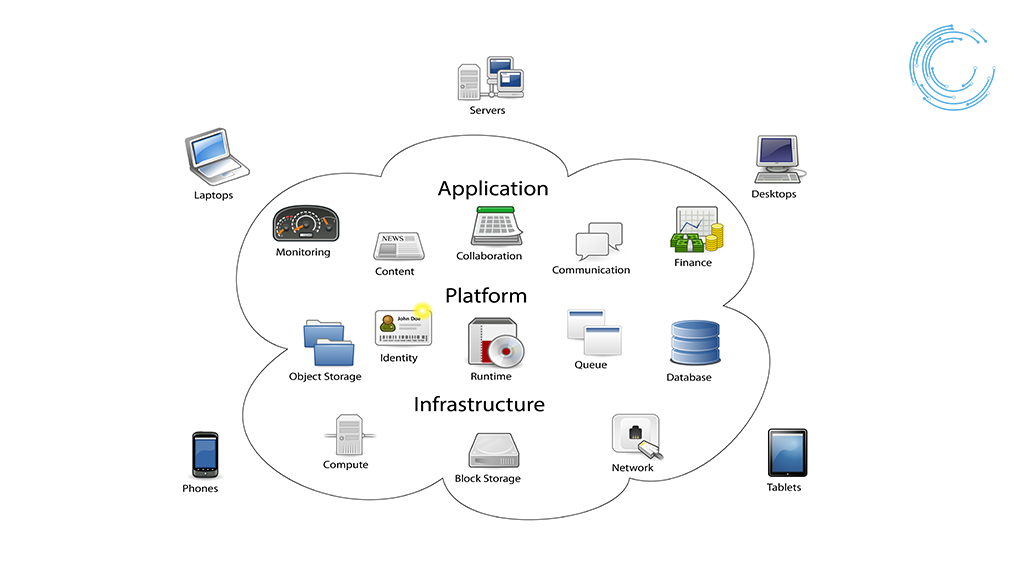
Cloud computing refers to the delivery of computing services, such as servers, storage, databases, networking, software, analytics, and intelligence, over the Internet (the cloud). It allows organizations to consume these resources on-demand, often paying only for what they use.

Here are some benefits of cloud computing:
Cost savings: With cloud computing, organizations can avoid the upfront costs of purchasing and maintaining hardware and software. They can also reduce their IT infrastructure and maintenance costs by using the resources of the cloud provider.
Scalability: Cloud computing allows organizations to easily scale up or down their computing resources according to their needs, without the need to purchase additional hardware.
Flexibility: Cloud computing allows organizations to access and use their computing resources from anywhere with an Internet connection. This makes it easier for employees to work remotely and allows organizations to be more flexible in their operations.
Reliability: Cloud providers have teams of experts who ensure that their services are highly available and reliable. This can reduce the risk of downtime for an organization’s systems.
Security: Cloud providers have security measures in place to protect their customers’ data and systems. These measures can be more effective and efficient than those that an organization could implement on its own. Innovation: Cloud computing allows organizations to quickly access and use new technologies and services, which can help them innovate and stay competitive.
